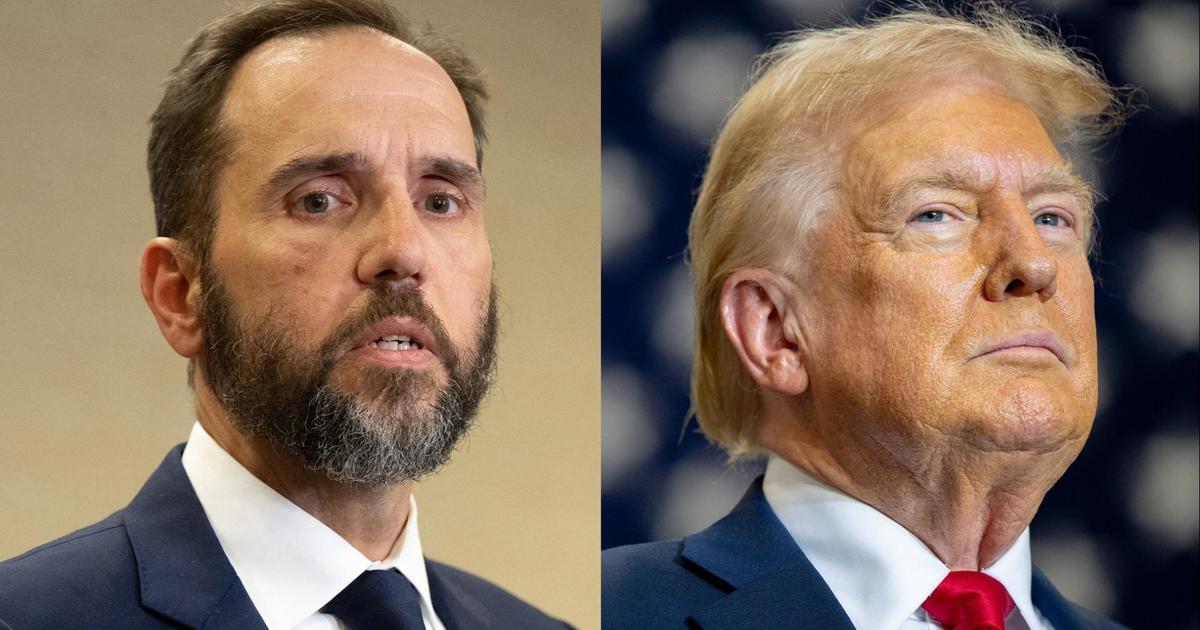In a historic and unprecedented move, special counsel Jack Smith has requested the dismissal of the case against President-elect Donald Trump. The case, which alleged a scheme to undermine the transfer of power after the 2020 election, has been brought to a close due to Justice Department policy prohibiting the prosecution of a sitting president.
The decision to drop the case against Trump marks the end of a significant chapter in American political history. The prosecution of the nation’s 45th and 47th president has been closely watched and widely debated since its inception.
In newly filed court documents, federal prosecutors working in Smith’s office informed U.S. District Judge Tanya Chutkan of their intention to close Trump’s case. The move comes as a result of the Justice Department’s policy regarding the prosecution of sitting presidents. This policy, which has been in place for decades, aims to avoid the potential disruption and instability that could arise from legal proceedings against a sitting president.
The decision to dismiss the case against Trump is likely to have far-reaching implications for the future of presidential accountability and the rule of law in the United States. Critics of the move argue that it sets a dangerous precedent by shielding presidents from legal scrutiny and accountability for their actions.
On the other hand, supporters of the decision point to the need for stability and continuity in government, particularly during times of transition and political uncertainty. They argue that allowing legal proceedings against a sitting president could create chaos and undermine the functioning of the executive branch.
The dismissal of the case against Trump also raises questions about the role and independence of special counsels in investigating and prosecuting high-profile cases. Special counsels are appointed to conduct impartial and thorough investigations into allegations of wrongdoing by government officials, including the president.
The decision to drop the case against Trump comes at a time of significant political and legal turmoil in the United States. The country is grappling with a range of challenges, including the aftermath of the 2020 election, the ongoing COVID-19 pandemic, and widespread social and economic inequality.
As the nation continues to navigate these complex and interconnected issues, the dismissal of the case against Trump is likely to spark further debate and controversy. It remains to be seen how this decision will impact the future of presidential accountability, the rule of law, and the functioning of the justice system in the United States.
In the coming days and weeks, as more details emerge about the reasons behind the dismissal of the case against Trump, it is essential for the American public to remain engaged and informed about these critical issues. The decision to drop the case against a sitting president has significant implications for the country’s democratic institutions and the principles of transparency and accountability that underpin them.









